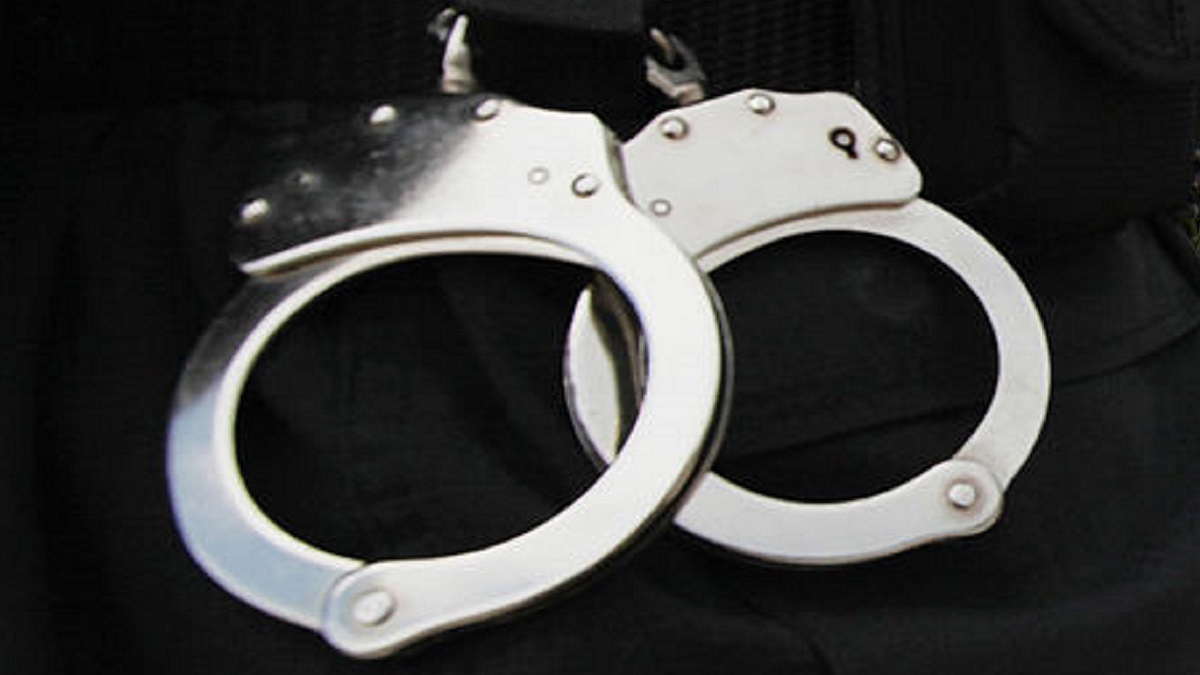Massachusetts Gov. Charlie Baker issued an order Monday requiring all businesses and organizations that do not provide "COVID-19 essential services" to close down to workers, customers and the public as of noon on Tuesday, March 24.
They will not be allowed to reopen until April 7 at noon.
But what exactly constitutes an "essential" business? For example, Dunkin' issued a press release shortly after Baker's announcement saying that it would remain open for drive-thru, takeout and delivery services, as it is considered essential under the governor's regulations.
Here's a list of what can stay open, according to Baker's order:
Healthcare, public health, human services -- this includes workers providing coronavirus testing, medical caregivers, hospital and laboratory personnel and more.
Law enforcement, public safety, first responders -- Police, fire, EMTs, 911 call center employees and hazmat responders.
Local
In-depth news coverage of the Greater Boston Area.
Food and agriculture -- Grocery store workers, pharmacy workers and other retail, restaurant carry-out and quick serve food operations, food manufacturer employees, farm workers, company cafeterias and more.
Energy -- electricity industry workers, petroleum workers, natural and propane gas workers and steam workers.
Water and wastewater -- operational staff at water authorities, community water systems, wastewater treatment facilities, and more.
Transportation and logistics -- dispatchers, maintenance and repair technicians, truck stop and rest area workers, mass transit and passenger rail workers, rental car employees, maritime transportation workers, postal and shipping workers, air transportation employees, and more.
Public works -- workers who support the maintenance of dams, roads, bridges, water and sewer main breaks, plumbers, electricians, exterminators, inspectors, solid waste and hazardous waste removal workers, workers who support the operation and maintenance of state parks and forests, and more.
Communications and information technology -- communications workers, IT workers who support command centers, support communications systems used by law enforcement, public safety, medical, and more.
Other community-based essential functions and government operations -- State inspectors, security staff, elections personnel, weather forecasters, trade officials, educators supporting public and private emergency childcare programs, hotel workers, critical government workers, convenience stores, laundromats and workers at places of worship.
Critical manufacturing -- Workers necessary for the manufacturing of materials and products needed for medical supply chains, transportation, energy, communications, food and agriculture and more.
Hazardous materials -- Workers at nuclear facilities, workers who support hazardous materials response and cleanup and more.
Financial services -- Workers who are needed to process and maintain systems for processing financial transactions and services, including payment, clearing, settlement, insurance services and more, as well as those needed to provide consumer access to banking and lending services, including ATMs.
Chemical -- workers supporting the chemical and industrial gas supply chains and supporting the safe transportation of chemicals, among other duties.
Defense industrial base -- Workers who support services required to meet national security commitments and those working for companies who perform under contract to the Department of Defense.
To see the full list, click here.
To request designation as an essential business, click here.



